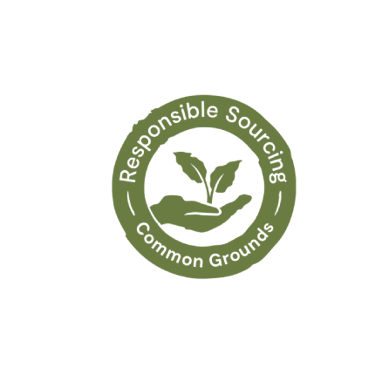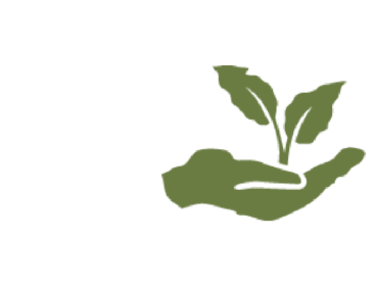Creating a world where people and nature thrive together
At JDE Peet’s, we actively operate in the biodiversity haven of Kodagu in Karnataka state, India.

Championing regenerative agriculture to enhance livelihoods and positively impact our planet
At JDE Peet’s we are passionate about coffee and tea: It’s who we are and all we do.
Our Common Grounds programme embodies our ambition and belief to positively impact people, our planet and to the future of coffee and tea. The success and resilience of our business depends on our ability to deliver positive social and environmental impacts along our supply chain.
At JDE Peet’s we are acting responsibly to ensure every cup contributes to a better future. Sourcing coffee and tea responsibly is more than just meeting a target, it means engaging with farmers and situations in our sourcing regions to better assess the challenges and then actively invest to address these issues and drive progress.
Responsibly sourced does not mean or imply the absence of human rights violations or other supply chain risks in connection with the production or supply of coffee or tea. It is about delivering continuous improvement and driving true measurable impact for people, nature and climate.
We are making strong progress towards our target of 100% responsibly sourced green coffee by 2025.
In 2024:
Coffee and tea are grown in diverse origins, each with unique farming and production systems. We recognise and appreciate this rich diversity, which is why we have developed a Responsible Sourcing programme that is inclusive of the different origins and the millions of smallholder farmers and workers. This is reflected in both our sourcing strategy and the geographic reach of our Common Grounds Farmer Programme.
At JDE Peet's, acting responsibly translates into understanding and addressing the challenges to drive continuous progress. We are applying a data-driven, risk-based approach, and actively taking ownership of what we identify to be the most important of all challenges for our business - securing the future of coffee and tea.
Thanks to our global scale and focus on coffee and tea, we can invest directly in origins to drive measurable change to protect and build long-term resilience for our business, people and the planet.

We Assess
We apply third-party assessments to map our supply chain and identify focus areas. This assessment is based on a representative sample of all farmers in our sourcing areas, covering critical topics such as child labour, working conditions, climate and nature, as well as engaging our suppliers in self-assessments to determine their responsible business practices and risks and opportunities of farming communities.
We Address
We use the information and insights to invest and address identified gaps by establishing multi-year farmer programmes (3 to 10 years), where we partner with farmers, cooperatives, suppliers, NGOs, and governments to improve practices and increase adoption across the relevant focus areas identified by these assessments.
We Progress
We measure impact of our farmer programmes, sharing and learning from the insights of the interventions. We recognise that many issues are complex and will take multiple years to solve, but it is our responsibility to engage our stakeholders in an open dialogue and invest in collaborative actions to address critical social and environmental issues within coffee and tea sourcing origins.
Our Common Grounds Farmer Programme dates back to 2015, where we continue to increase both the scale and reach through investments and partnerships in our key sourcing regions.
We are partnering with farming communities, suppliers, non-governmental organisations, and local government bodies to deliver multi-year projects that address local realities including sustainable and regenerative farming practices (e.g. climate-smart agriculture, crop quality, biodiversity), farmer livelihoods, or labour practices.





























